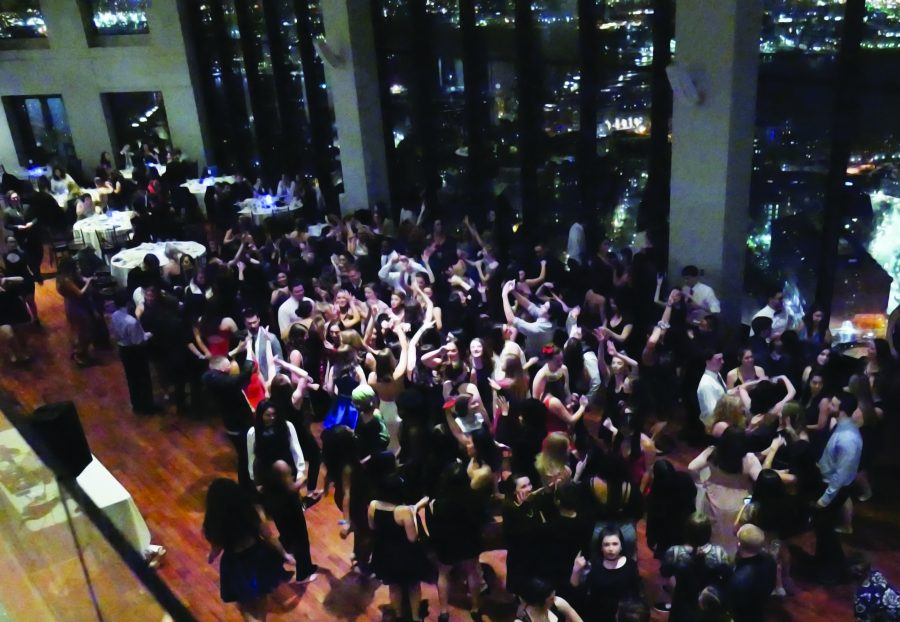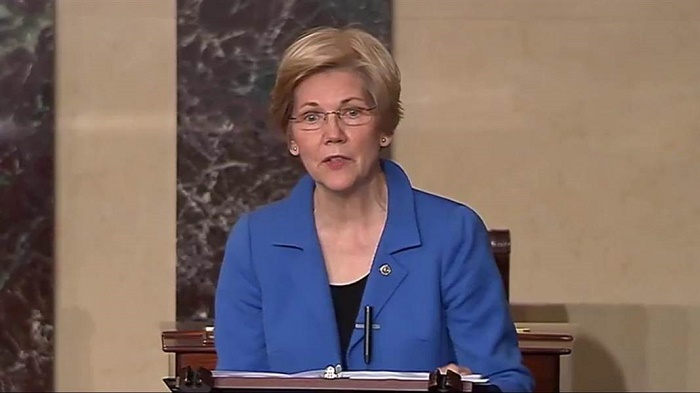The U.S. government has requested the assistance of Apple, Inc., in the unlocking of an iPhone linked to last year’s San Bernardino shootings, which left 14 people dead. Apple’s encryption methods are so sophisticated that investigators in the case have been unable to unlock it to date.
By request of the Justice Department, a federal magistrate judge ordered Apple to bypass the phone’s security functions. Apple has refused under the reasoning that being forced to create an alternative means of accessing its encryption technology could establish the possibility of that accessibility being misused by government agencies.
The FBI has used the All Writs Act of 1789 as its justification for requesting the security bypass. The All Writs Act, established as part of the U.S. Constitution in the 18th century, reads: “Issue all writs necessary or appropriate in aid of their respective jurisdictions and agreeable to the usages and principles of law.”
Apple established its position via a public customer letter, published on the Apple site. “We are challenging the FBI’s demands with the deepest respect for American democracy and a love of our country,” wrote Apple chief executive Tim Cook in the letter. “We believe it would be in the best interest of everyone to step back and consider the implications.”
The case brings to light several questions, particularly whether or not it is possible to continue the investigation without the data that would otherwise be recovered from the suspect’s iPhone, the majority of which was recovered from backup data earlier in the investigation. Furthermore, researchers have speculated that it is feasible to hack the iPhone without Apple’s help, without potentially breaching its carefully developed security technology.
Additionally, the All Writs Act was penned more than two centuries before this legal quandary saw the light of day, and the invocation of it calls into question how the relatively static wording of the U.S. Constitution can be applied to cutting-edge modern technology dilemmas.
In a more theoretical sense, the case continues to emphasize the ever-changing role of private companies in government investigations, particularly those that pertain not only to national security but also to the security of a widely used technological product, such as the iPhone.
Many giants in the tech world, including Facebook inventor and CEO Mark Zuckerberg, have backed Apple’s decision to refuse the request. The expansion of tech companies such as Facebook, Apple, and Google increasingly challenge legal definitions and understandings of privacy.
Chief Apple executive Cook has established his stance regarding the moral responsibilities of a colossal company—one with extensive usership and a well-established brand—in other realms of activism, such as for “green” companies and gay rights.
However, those issues fall into broader categories, and are somewhat more ethically removed from Apple’s development, whereas the company has the opportunity to have a direct impact in the case at hand.
Bill Gates, founder of Microsoft, opposed Apple’s decision, telling the Financial Times, “This is a specific case where the government is asking for access to information. They are not asking for some general thing, they are asking for a particular case.”



















